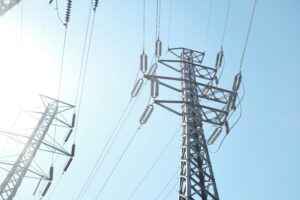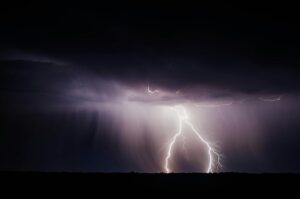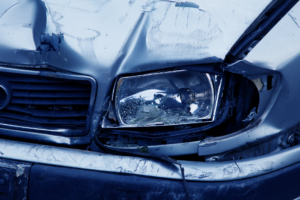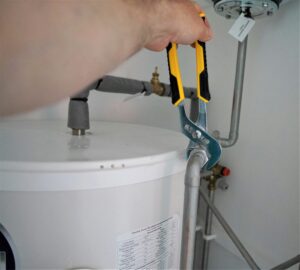
How To Be Prepared For a Power Outage
Power outages can occur for various reasons, not just due to bad weather. Being prepared for such situations can make a significant difference in terms of safety and peace of mind in your home. While it’s easy to assume that a power outage won’t affect you, taking proactive measures can save you from unnecessary stress...

How to Prepare For a Disaster
Disaster preparedness is a topic that warrants our attention at any given time. It is essential to assess and update your family’s emergency kit regularly. Disasters, both natural and man-made, can strike anywhere, making it imperative that your family is well-prepared. While some may dismiss the idea of having a disaster preparedness kit in their...

What You Need To Do In The Event Of A Hit And Run Accident
Being involved in a hit and run accident can be a distressing experience. Knowing how to handle such situations and being prepared in advance can help you navigate the shock and ensure you are adequately covered for any losses. While hit and run incidents can happen to any driver, whether their vehicle is parked or...

The Importance Of Maintaining A Home Inventory Checklist
While most of us hope to never experience a catastrophic home loss, it is crucial to be prepared in the event that such a disaster strikes, whether it be a flood, fire, earthquake, or any other unforeseen calamity. Creating a comprehensive home inventory may seem like a daunting task, but dedicating the time to do...

Insurance Policies For The Unique And Obscure
Insurance can offer more than just the standard coverage we’re familiar with. It extends to diverse and sometimes unusual situations, providing financial protection for a range of valuable assets. When it comes to celebrities, who rely on their talents for a living, they often go the extra mile to safeguard their unique qualities. Let’s explore...

Safeguarding Your Home Against Wildfires
Wildfires pose a recurring threat every year, especially during the summer season. Millions of acres across the country are engulfed in flames, caused by both natural and human factors. While nature-induced fires are beyond our control, we can significantly reduce human-caused fires through education and preventive measures. By following these simple steps, you can minimize...

Save money on your auto insurance with these discounts.
Over the years, we’ve all seen auto insurance commercials highlighting the various discounts available in the insurance industry. While many are familiar with the standard discounts like multi-policy and multi-vehicle, there are additional lesser-known discounts that drivers may be unaware of. To help you potentially save money on your auto insurance, we’ve compiled a list...

Tips For Enjoying Fireworks For This Upcoming Independence Day
Independence Day is a couple of weeks away, and it is a time for gathering with loved ones, enjoying delicious barbecues, and, for some, lighting up the night sky with fireworks. While fireworks can be thrilling and add an extra sparkle to the celebrations, it’s crucial to remember that they also come with potential risks...

Updating your insurance policy as your life changes
Wouldn’t it be wonderful if we could purchase a single insurance policy that covers us for a lifetime? While that may be wishful thinking, the reality is that as life evolves, so should your insurance policy. The great advantage of having a local independent insurance agent is that they work with multiple insurance companies, ensuring...

Preventing Water Damage in Your Home
Water damage is a common issue that homeowners may face at some point. It not only leads to inconvenience and disruption but can also result in costly insurance claims. Being aware of the signs and taking preventive measures can help you avoid these expenses. Here are some areas to check and precautions to take: Water...

Essential Areas To Examine When Buying A Used Camper Or Trailer
As the spring season arrives, it’s an opportune time to begin searching for a reliable used camper. Whether you’re exploring options at a dealership or considering a purchase from an individual seller on platforms like Craigslist, it’s crucial to know what to look for in terms of potential damage or wear. By paying attention to...

Tips to Extend the Lifespan of Your Car
When you purchase a car, it represents a significant investment. Some individuals keep their vehicles for more than a decade, while others opt for a trade-in after just a few years. Regardless of your timeframe, taking pride in your car and ensuring proper maintenance is essential to maximize its longevity. Here are five valuable tips...
